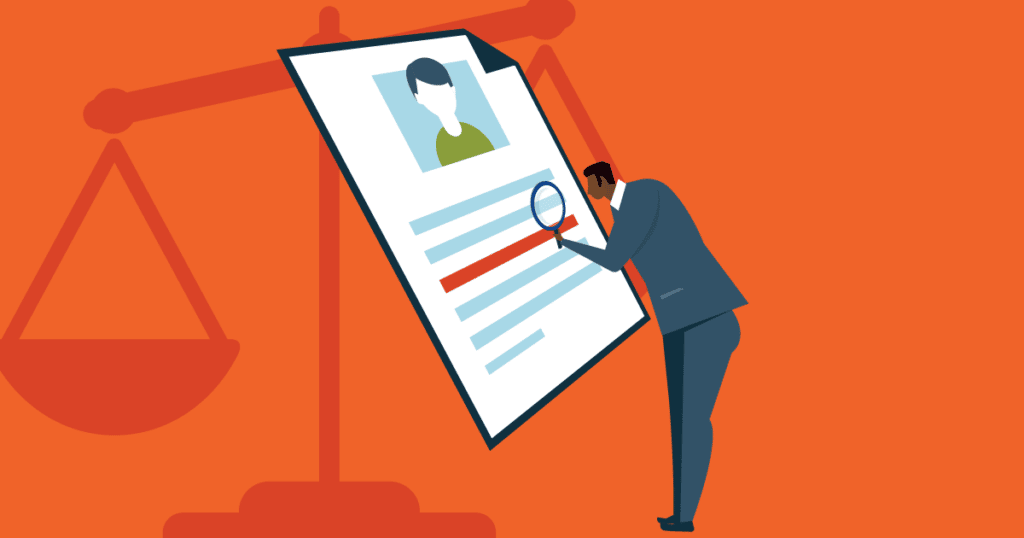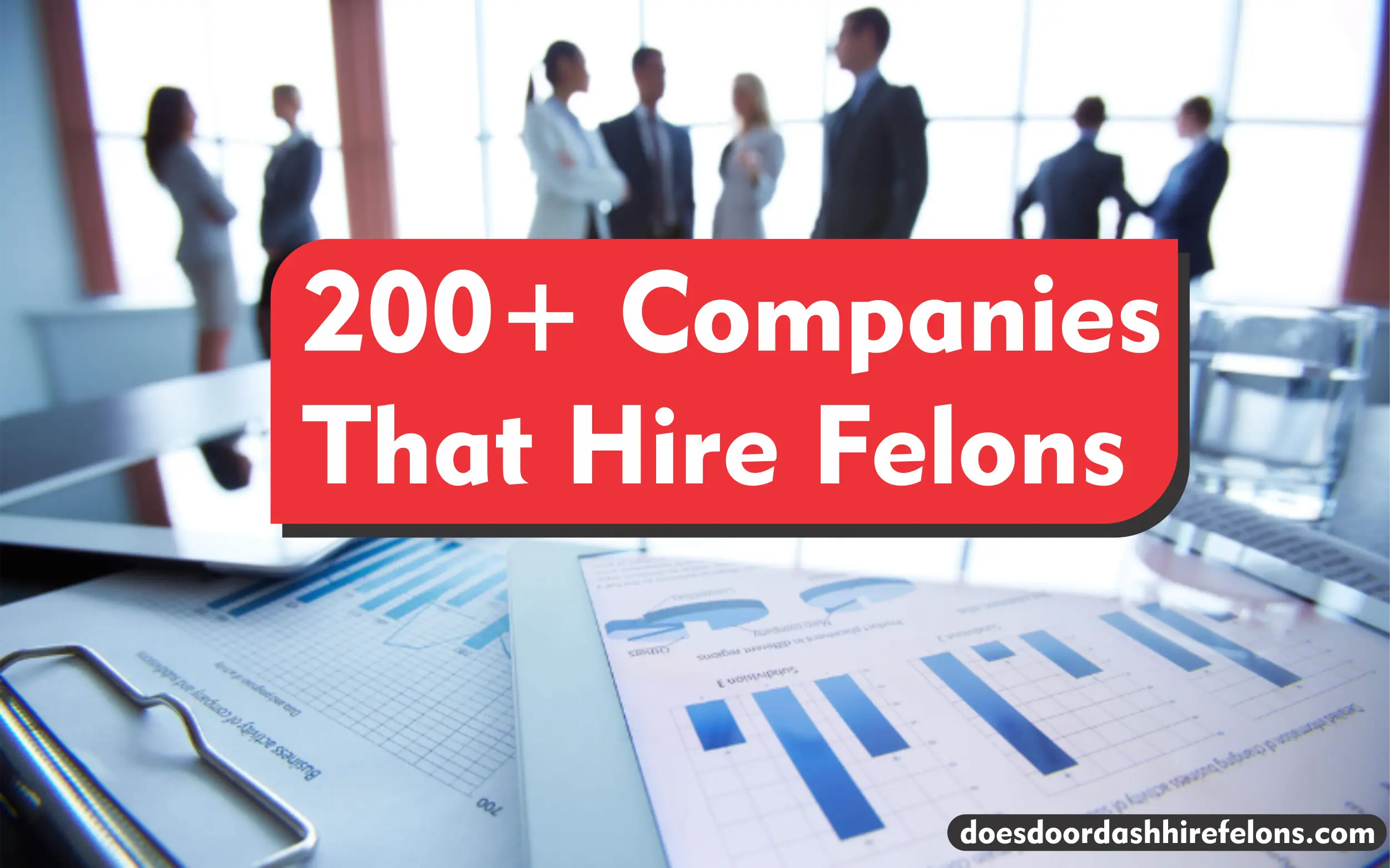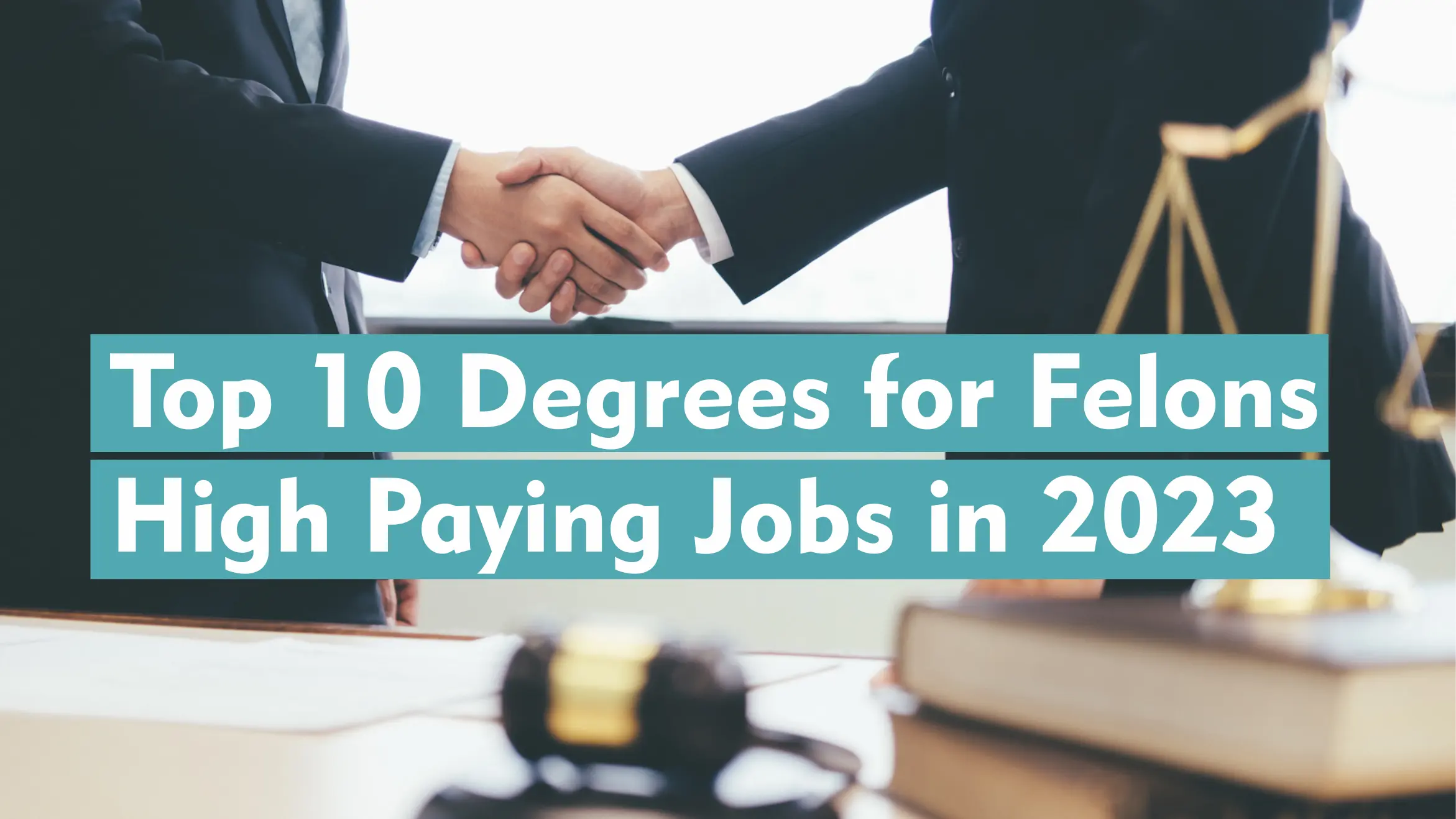Any felony looking for a job knows that the hardest part of the process is that most employers must go through a background check. Many people wonder how far they go beyond a criminal background check to assess their chances of passing it.
Should you always be worried that your potential employer will be able to find your criminal record, even if you don’t go to government agencies?

Unfortunately, since then there will always be resentment. Your history (if you can’t delete it). This means that any business owner, bank, or law enforcement agency will be able to access this information at any time.
However, when it comes to working as a criminal, some countries have softer rules regarding security checks. vacancy. So let’s think about it!
What will an Employer Learn from a Background Check?
The criminal record in any area must be checked in accordance with the law. It deals with someone’s private information. In particular, these are medical, financial, and insurance companies. However, any company, small or large, can request a background check.
Here’s what will appear in a criminal record:
Full name, age, date of birth Any last name and maiden name Current address and phone number Marriages and divorces in recent 10 years. To what extent can employees view criminal records?
The National Fair Credit Reporting Act (FCRA) provides for this penalty for how many years an employer can see all information about a crime. The rule is no time limit if one is convinced. Even if your offense is 35 years old, this information can be accessed as part of a background check.
However, if there is only one major arrest, it can be reported seven years in advance.
The good news is that at the state level, many states limit the extent to which potential employers can track a person’s criminal record. The following states do not allow reporting of cases that are more than seven years old, filing date, parole ending, or release from prison.
California, Colorado, Kansas, Maryland, Massachusetts, Montana, Nevada, New Hampshire, New York, Texas, and Washington.
However, there are certain wage limits that can change this rule. In California, if the salary is over $125,000, the employer can look for 10 years. In Texas and Colorado, the 7-year limit does not apply if the salary is over $75,000. He has a $25,000 income deduction in Massachusetts, Kansas, Maryland, Montana, Nevada, New Hampshire, New Mexico, New York, and $20,000 in Washington. Hawaii, Massachusetts, California, Kentucky, Indiana, Alaska, New York, Michigan.
The following states have very strict laws. They will report an unlimited number of serious fines from a year ago. They don’t even report criminal convictions. Mississippi, Missouri, Nebraska, New Jersey, North Carolina, North Dakota, Ohio, Oregon, Rhode Island, Alabama, Arizona, Arkansas, Connecticut, Delaware, DC, Florida, Idaho, Indiana, Iowa, Louisiana, Maine, South Carolina, Tennessee, Utah, Vermont, Virginia, West Virginia, Wisconsin, and Wyoming
If you live in one of the states listed above, you may find it difficult to find a job. Even for your crime, you are 15 years old. Or at 20? If this is your experience, you should consider moving to a country where reporting laws are more lenient and more suitable for people with criminal convictions.
Do background checks always reveal crime or corruption?
Yes, the crime will always show up, and there is no way to hide it. He. , unless your records are destroyed.
If an employer specifically investigates criminal records, this is generally considered corruption, serious crimes and reports of sexual offenses, and legal sanctions. In addition, your employer will be able to view your prison records as well as your past drug test records.
Be aware that in most states, payments due also show up on background checks. Arkansas is an exception: allegations of corruption will not appear on your file, but any allegations will stand. Also, note that pending payments appear in a specific county. Therefore, if an employer only conducts background checks in a certain county, but the crime was committed in another county, these fees will not be shown.
However, this is a very rare scenario as most employers today (especially big companies) carefully check backgrounds to avoid situations like this and make sure they don’t contain any sensitive information. on the candidate.
While this may seem intimidating and may reduce your chances of getting a job, it’s good to know this ahead of time. If you know that a potential boss will see this information about you, it gives you the opportunity to mentally prepare for any question they ask and explain what happened. Give good answers.
Sometimes there is no better way to explain or justify past crimes. In this case, get ready, to be honest, admit your mistakes and describe how you have changed and become a better person. Someone who can be trusted and who will never commit a crime again.
Level 1 background checks and level 2 background checks
Many criminals want to know the difference between level 1 and level 2 background checks?
It is important to understand that the terms “Tier 1” and “Tier 2” refer only to the state of Florida. They are not used in any other country or by the FBI.
In Florida, this means:
The first level of background check is just the state name check in addition to the job history check.
Level 2 background check is a state and state-level fingerprint check. This is mandatory for employees holding responsible and trusting positions.
As such, it is highly unlikely that you will pass a Level 2 background check if you are guilty of looking for a job in Florida. It will only be level 1.
Will the crime appear in a different state?
You may wonder if your crime will only appear in the country in which it was committed. Generally, the answer is no.” Any employer can access complete out-of-state criminal records in any state in the US. Typically, employers look for the following:
– based on the current address, in which case they may have access to a criminal record.
– When they look at all other addresses, they usually make separate checks for each of these states and get their records.
– They also run a federal criminal background check that looks for any federal crimes or offenses committed on federal property.
– Finally, most companies maintain state and national sex offender registries and conduct additional national security searches. to ensure they don’t hire someone who isn’t on any of those lists.
The only way your potential boss can avoid harsh penalties from other states is just a routine background check county and stop there. Limit.. However, this happens very rarely.
Foundation Ban Initiative
This is a policy that informs business owners Without asking the question of “criminal punishment” in the first place » when applying for a job. Before the company conducts a criminal background check, it gives the offender a suitable opportunity to apply in addition to their qualifications and skills at the time of the interview. This helps to get the job first, as potential employers do not immediately recognize them as guilty and immediately fire them.
“Ban the Box” was relaunched in 2009 and has since been released in 30 US states. They are:
Arizona, California, Colorado, Connecticut, Delaware, Georgia, Hawaii, Illinois, Indiana, Kentucky, Louisiana, Maryland, Massachusetts, Minnesota, Missouri, Nebraska, Nevada, New Jersey, New Jersey, Mexico, New York, Ohio, Oklahoma, Oregon, Pennsylvania, Rhode Island, Tennessee, Utah, Vermont, Virginia, Wisconsin.
President Obama strongly supported the move at the national government level, requiring all federal agencies to investigate the applicants’ convictions. He instructed to postpone the final stages of the operation.
Ten states have gone even further. California, Connecticut, Hawaii, Illinois, Massachusetts, Minnesota, New Jersey, Oregon, Rhode Island, and Vermont have asked private employers to remove sanctions history questions from job applications.
It should be clear that employers in these states can still check your criminal record and review your file. However, by the time they do, you’ll already have convinced them that you’re the best candidate for the job, and they’ll want to hire you anyway.



